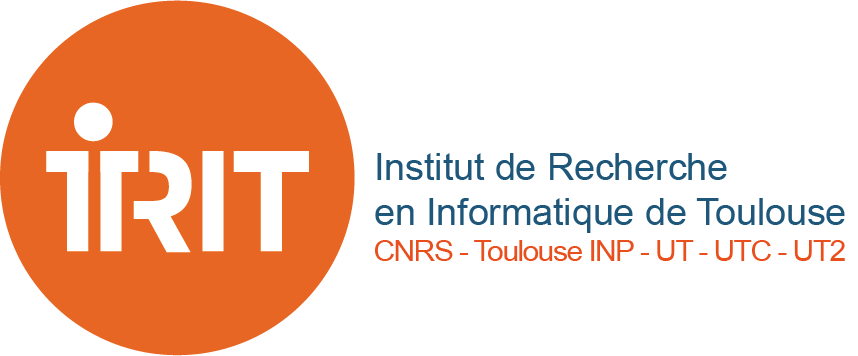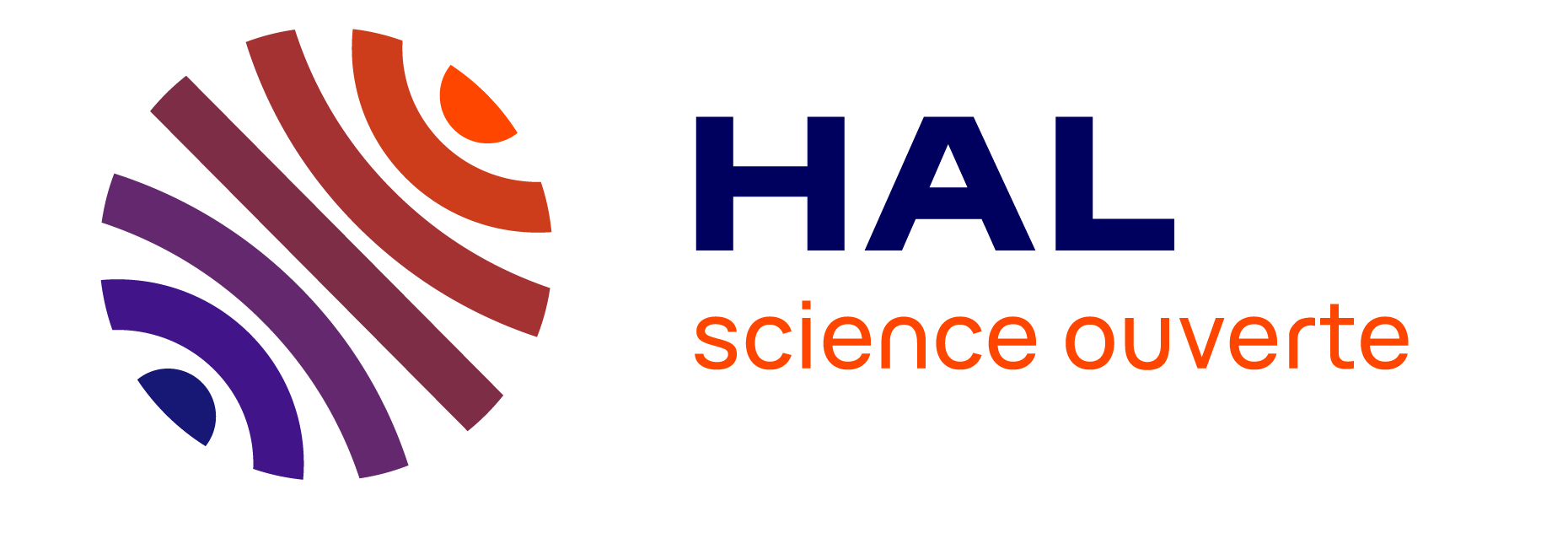Les activités de recherche menées par l’équipe SIERA ciblent la garantie de la qualité et de la fiabilité de l’information lorsqu’elle est échangée via des réseaux (avioniques, SDN) ou au sein d’environnements distribués adaptatifs (Internet des objets, Informatique en périphérie des réseaux), en introduisant des méthodologies (protection des données personnelles/sécurité/surveillance par principe), des modèles de caractérisation et des langages d’orchestration. SIERA traite également de la conception d’environnements innovants pour la transformation digitale dans le domaine de l’e-learning.
Ces activités s’organisent ainsi autour de 2 différents axes : (1) Gestion et sécurité réseau et (2) e-learning.
Gestion et sécurité réseau
- Ingénierie des exigences de sécurité réseau. SIERA contribue à l’approche de « sécurité réseau par principe» en ayant défini une méthodologie dédiée, basée sur l’ingénierie des exigences et bâtie autour de 4 couches d’abstractions différentes. Cette méthodologie concerne à la fois les besoins de sécurité architecturaux, la sécurité des équipements du réseau et celle de l’information transférée. Les modèles proposés et les outils développés offrent une information complète de la traçabilité et de feedback entre les différentes vues (ou couches) définies dans la méthodologie.
- Gestion adaptative des services réseaux. SIERA a proposé une méthodologie pour traiter l’adaptation des activités de supervision de façon à respecter des objectifs de haut-niveau relatifs aux exigences de qualité de service. Ainsi, le langage AMSDL a été proposé pour exprimer des stratégies adaptatives de monitoring tout comme plusieurs modèles d’information l’ont été pour favoriser l’automatisation du déploiement de tâches de supervision de réseaux virtuels ou réseaux logiciels. Afin de rendre ces écosystèmes plus facilement configurables, testables et évolutifs, SIERA a proposé le langage de contrôle AirNet qui permet la modularité et la réutilisabilité de tout programme de contrôle Northbound puisqu’il supporte la délimitation logique entre les différents types de politiques (contrôle, données et services de transport). SIERA a également développé dynSMAUG pour supporter les prises de décision de la sécurité adaptative dans des systèmes IT déployés. Ce cadriciel offre une de gestion dynamique de la sécurité pilotée par des situations calculées.
- Qualification et gestion de la certitude de l’information. Dans ce contexte, SIERA a proposé le méta modèle et le cadriciel QoCIM qui offrent une solution générique, expressive et calculable pour représenter et manipuler, tout au long de son cycle de vie, n’importe quel critère de qualité d’information de contexte (QoC). Sur proposition de SIERA, le modèle de confiance X-509 fait apparaître une nouvelle entité appelée courtier en confiance et une approche d’implémentation a été recommandée et retenue afin de fournir aux entités dépendantes des informations de confiance sur une AC en évaluant la qualité des certificats qu’elle délivre.
- Protection de données personnelles. SIERA a conçu un algorithme d’apprentissage de préférences de protection de la vie privée de l’utilisateur, reposant sur une analyse de décision multicritères (MCDA), soit sur un ensemble de méthodes utilisées pour résoudre des problèmes complexes pour lesquels une approche monocritère ne peut réussir. Cet algorithme repose sur le concept de méta critère (un critère avec un plus haut niveau d’abstraction regroupant une ensemble de critères) qui permet de réduire le nombre de règles d’autorisation nécessaires à la protection de la vie privée de l’utilisateur.
e-Learning
- Environnements numériques pour l’apprentissage actif. SIERA se concentre sur la conception et la mise en œuvre de solutions numériques pour promouvoir l’engagement des apprenants dans leurs apprentissages. Les principales contributions sont un ensemble d’outils pour soutenir l’apprentissage de masse : (1) Elaastic, pour soutenir les évaluations formatives interactives ; (2) MyMOOCSpace, une application mobile pour soutenir l’apprentissage collaboratif dans les MOOC et dans des scénarios d’apprentissage mixtes ; et (3) Lab4CE, un environnement numérique pour soutenir les apprenants lors de la réalisation d’activités pratiques dans le domaine de l’administration système et réseau.
- L’analyse des apprentissages (learning analytics) pour la personnalisation et l’adaptation étudie comment les méthodes et outils dédiés à la gestion de grandes masses de données peuvent être utilisés pour exploiter les données d’apprentissage et soutenir un apprentissage personnalisé et adaptatif. La première contribution est liée à l’identification de schémas comportementaux conduisant à des performances élevées dans le contexte de l’apprentissage de la programmation. Deuxièmement, une approche méthodologique fondée sur la fouille de processus (process mining) ainsi qu’un outil appelé NoteMyProgress ont été développés pour analyser les stratégies d’autorégulation des apprenants et les soutenir dans ce processus.
- L’approche par compétences pour la formation et l’insertion professionnelle vise à fournir des solutions fondées sur les compétences pour soutenir les choix de carrière et l’insertion professionnelle. SIERA a contribué à l’identification d’un processus d’amélioration continue pour mesurer le progrès des apprenants au sein des plates-formes d’apprentissage en ligne. SIERA a également conçu un outil appelé « MIAGE & Compétences » pour fournir une vision des résultats d’apprentissage et des compétences professionnelles acquises par les apprenants.

